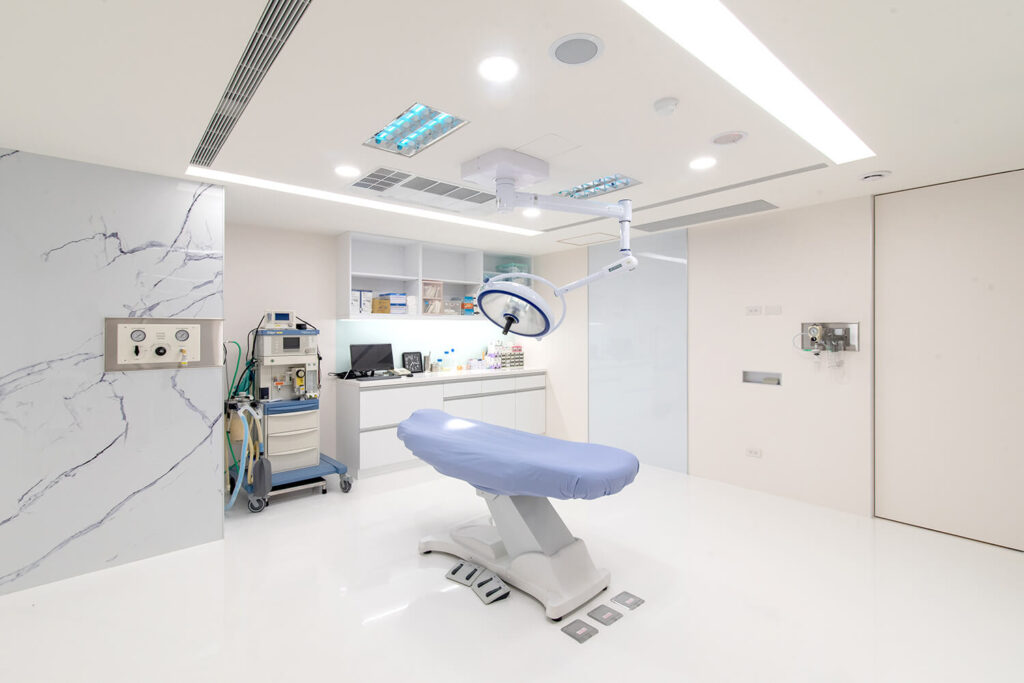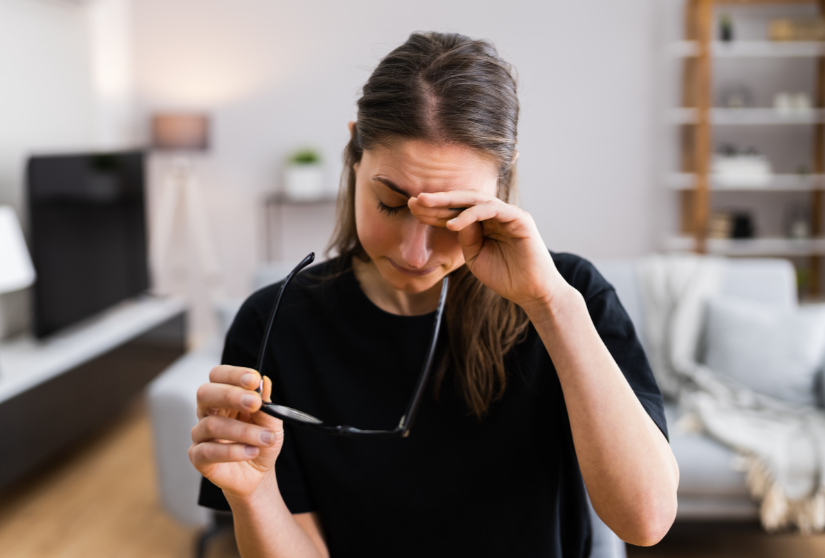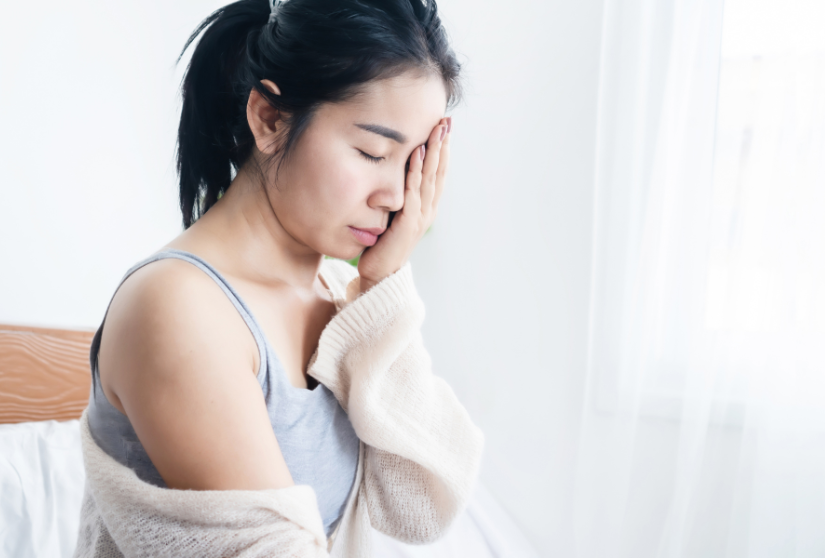sleep apnea

Do you also...
Do you still feel tired no matter how much sleep you get? Does the quality of your night's sleep bother you?
If you have any of the following symptoms, you may have sleep apnea!
- Poor sleep quality: I wake up and down at night, and my sleep state becomes very fragmented.
- Frequent urination at night: When sleeping at night, I often need to get up and run to the toilet.
- Not feeling well during the day: It is easy to feel sleepy during the day, poor mental status, and lack of energy.
- feeling unwell: When I get up in the morning, I often feel headache, dry mouth and sore throat.
- Mood swings: Easily irritable, depressed, and even have significant changes in personality.
- lack of concentration: Unable to concentrate on weekdays, memory declines significantly.
- sexual dysfunction: Reduced sexual desire, affecting quality of life.

What is sleep apnea?
Sleep apnea simply means that a person's breathing stops repeatedly or becomes very shallow while sleeping.
This is like when sleeping, the airway is blocked, the body cannot breathe smoothly, resulting in a decrease in blood oxygen concentration.
Sleep apnea can be divided into two types: central type and obstructive type, but most patients still suffer from the obstructive type.
blocking type
Excessive relaxation of upper respiratory tract muscles leading to airway obstruction
central type
Problem with brain signals controlling breathing
hybrid
Having both of the above situations at the same time

Why does sleep apnea occur?
Respiratory obstruction (obstructive type)
- obesity: Excess fat accumulates in the neck, compressing the respiratory tract.
- Nasal allergies: Nasal congestion leading to difficulty breathing.
- tonsil hypertrophy: Obstruction of upper respiratory tract.
- Chin retrusion: Being born with a small or retracted chin can easily lead to airway collapse.
- muscle relaxation: Muscles relax during sleep, and if the airway is narrow, it is more likely to collapse.
Nervous system problems (central type)
- brain disease: Such as stroke, brain injury, etc., which may affect the function of the respiratory center.
How is sleep apnea diagnosed?
AHI (Apnea Sleep Index) is a key indicator for diagnosing sleep apnea.
It measures the total number of apneas and shallow breathing episodes per hour of sleep.
By definition, apnea refers to the complete cessation of breathing for more than 10 seconds; shallow breathing refers to a reduction in respiratory airflow exceeding 50%, accompanied by a decrease in blood oxygen concentration or sleep interruption.
According to the AHI value, sleep apnea can be divided into:
normal
AHI < 5 times/hour
Mild
AHI 5-15 times/hour
Moderate
AHI 15-30 times/hour
Severe
AHI > 30 times/hour
The higher the AHI value, the worse the sleep quality and the easier it is to feel tired during the day.
Doctors will measure AHI through polysomnography (PSG) and develop an appropriate treatment plan based on the results.
Who is at high risk for sleep apnea?
High-risk groups for sleep apnea mainly include those who are obese, snore heavily, have thick neck circumference, are older, and have upper respiratory tract obstruction problems.
- Overweight people: Excessive fat accumulation in the neck can easily compress the respiratory tract and cause breathing difficulties.
- Persons over 65 years old: As we age, muscle tone weakens and the airways are more likely to collapse.
- Those who have the habit of smoking and drinking: Tobacco and alcohol can irritate the respiratory tract, cause inflammation, and aggravate respiratory obstruction.
- People with retracted chin and short neck: These congenital or acquired structural problems can easily lead to respiratory tract stenosis.
If you suspect that you have sleep apnea, it is recommended to seek medical advice as soon as possible and seek professional diagnosis and treatment.

The dangerous consequences of ignoring sleep apnea
Ignoring sleep apnea is like sitting on a ticking time bomb.
Repeated breathing pauses during sleep not only disrupt sleep quality, but can also cause a series of health problems.
car accident
Daytime sleepiness increases the risk of traffic accidents and slows reaction times.
cardiovascular disease
Repeated lack of oxygen can damage the cardiovascular system and increase the risk of heart attack.
hypertension
Interrupted breathing during sleep can increase blood pressure and increase the risk of hypertension.
Stroke
Lack of oxygen and elevated blood pressure increase the risk of stroke.
diabetes
Poor sleep quality can affect insulin sensitivity and increase the risk of diabetes.
depression
Poor sleep quality can affect mood and increase the chance of depression.
weight gain and obesity
Lack of sleep affects metabolism and appetite control, leading to weight gain.
Sleep apnea is a big question
Sleep apnea treatment is highly individual and there is no one-size-fits-all solution.
Patients should discuss with their doctor to choose the most suitable treatment method to improve sleep quality and life quality.
| Treatment Methods | Advantages | Disadvantages | Applicable | |
|---|---|---|---|---|
| Conservative | Lifestyle modification (side sleeping, alcohol avoidance, weight loss) | Non-invasive, no side effects, can improve mild symptoms | Poor patient compliance, difficulty in weight loss, and inability to cure | Those with mild symptoms and those who are not suitable for surgery |
| CPAP | Effectively improve breathing and prevent oxygen deficiency | Poor comfort, low long-term compliance, and expensive cost | Moderate to severe symptoms, or those not suitable for surgery | |
| Aggressive | Surgery (Uvulectomy, Tongue reduction) | Can treat and improve snoring effectively | There are risks, possible complications (choking cough, voice changes), unable to improve congenital craniofacial abnormalities | Patients with severe respiratory obstruction or those who fail conservative therapy |
| Orthognathic Surgery | Can permanently improve respiratory tract narrowing with significant effect | High surgical risk, long recovery period, expensive cost | Patients with congenital craniofacial anomaly causing airway narrowing | |
Slide right
There are no absolute advantages or disadvantages in the treatment of sleep apnea. Instead, it needs to be comprehensively considered based on the individual differences of the patient, the severity of symptoms, and the acceptance of the treatment.
Who is suitable for orthognathic surgery to treat apnea?
Orthognathic surgery has a significant effect on patients with sleep apnea who have narrow airways due to congenital craniofacial abnormalities (retraction of the mandible (chin)).
Patients suitable for orthognathic surgery:
People with congenital craniofacial abnormalities leading to respiratory tract stenosis
Such patients are the most suitable candidates for orthognathic surgery due to congenital bone structure problems (retrusion of the mandible (chin)), resulting in narrow respiratory space.
Those with moderate or above no or low respiratory index
For patients with moderate to severe sleep apnea (AHI>15), the airway obstruction is more severe. Expanding the airway space through orthognathic surgery can effectively improve sleep quality.
Mild no and low respiratory index, but accompanied by severe daytime sleepiness
Even if the AHI is low, but there is still severe daytime sleepiness that affects daily life, it means that the patient has been seriously affected by sleep apnea. At this time, orthognathic surgery can also provide effective improvement.
lowest blood oxygen saturation<90%者
It means that the patient's hypoxia is very serious during sleep, and orthognathic surgery can also effectively improve it at this time.
What is anapnea, hypopnea index (AHI)?
AHI is an important indicator for assessing the severity of sleep apnea. It represents the number of times the patient experienced apnea (breathing stopped for more than 10 seconds) and hypopnea (breathing became shallow or slow, reduced by 50% or more) within an hour.
- Mild: AHI < 15 times/hour
- Moderate: 15 times/hour ≤ AHI < 30 times/hour
- Severe: AHI ≥ 30 times/hour
Sleep apnea is a big question
Hear what these people who have experienced sleep apnea have to say
Sleep apnea treatment case
Say goodbye to sleep apnea and leave it to Fenghua United Clinic













